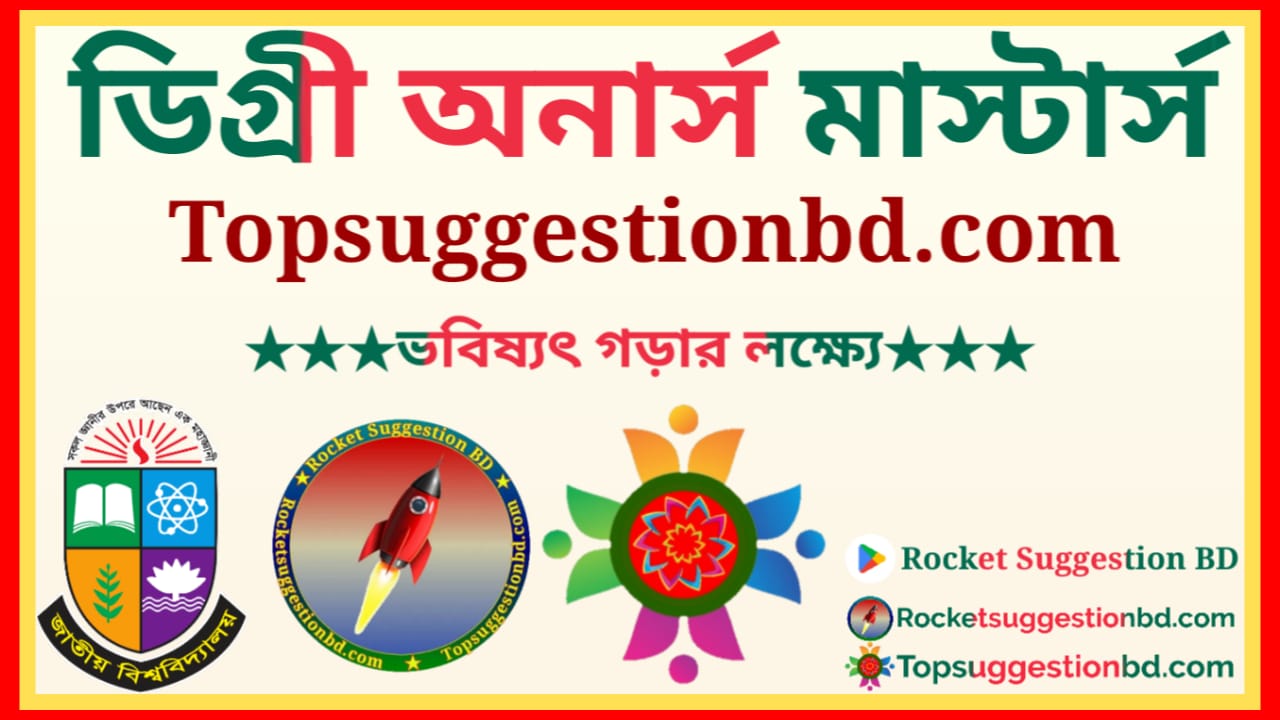
The question of whether journalists are solely responsible for verifying and disseminating the truth is a complex and debated topic. Let’s explore both the pro and con arguments:
Pro Theory: Journalists are Solely Responsible for Verifying and Disseminating the Truth
- Gatekeepers of Information: Journalists are often seen as the gatekeepers of information, with a responsibility to sift through vast amounts of data and present the public with accurate and relevant information.
- Public Trust: A key element of journalism is building and maintaining public trust. If journalists are not dedicated to verifying the truth, their credibility is at risk, and the public may lose faith in the media.
- Professional Code of Ethics: Many journalists adhere to a code of ethics that includes principles such as accuracy, fairness, and impartiality. These guidelines emphasize the importance of verifying facts before publishing.
- Role in Democracy: Journalists play a crucial role in a democratic society by informing citizens, promoting transparency, and holding those in power accountable. To fulfill this role effectively, they must prioritize the truth.
Con Theory: Journalists Cannot Be Solely Responsible for Verifying and Disseminating the Truth
- Pressure and Constraints: Journalists often work under tight deadlines, facing pressures to deliver news quickly. In such circumstances, the rigorous verification of every detail may be challenging, leading to errors.
- Media Ownership and Bias: Media organizations can be influenced by their ownership, which may have political or business interests. This can impact the editorial decisions and, in some cases, compromise the objectivity of the information presented.
- Citizen Responsibility: In the age of social media and citizen journalism, individuals also share information widely. The responsibility for verifying information is not solely on journalists but also on consumers of news who need to be discerning and critical thinkers.
- Challenges in Complex Reporting: Some stories involve complex issues or conflicting accounts. Journalists may face difficulties in verifying certain details, and the truth may be elusive or subject to interpretation.
In conclusion, the responsibility for verifying and disseminating the truth is a shared one, involving journalists, media organizations, and the public. While journalists play a crucial role, they must navigate challenges, and the public must also be proactive in consuming information responsibly. The evolving media landscape requires a collaborative effort to uphold the principles of truth and accuracy in journalism.



